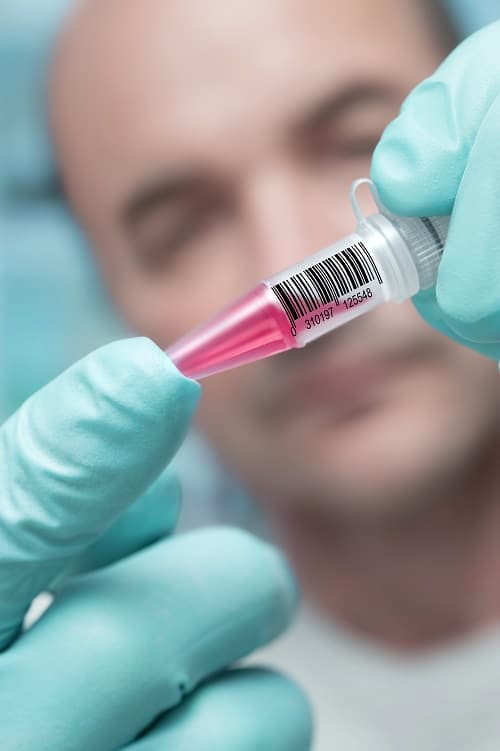
Single, high-dose vaccine could provide better protection against cholera outbreaks, new research shows
pharmafile | December 12, 2017 | News story | Manufacturing and Production, Research and Development | Africa, Asia, Caribbean, Cholera, Vaccine, paxvax, pharma
A team of researchers at the University of Maryland School of Medicine (UMSOM) has been assessing the effectiveness of a single high-dose live vaccine in the treatment of cholera, as opposed to the traditional two-dose inactivated vaccine approach, with the hope of more successfully protecting vulnerable populations in large, recent outbreaks of the disease.
The team studied the effectiveness of a single, high-dose of CVD 103-HgR in 150 in stimulating vibriocidal antibody, an immune response in the body which correlates with protection against the disease. The therapy was developed by UMSOM’s Center for Vaccine Development and manufactured by PaxVax. The team’s findings suggested that delivering vaccines this way rather than the traditional method may be more effective in rapidly providing protection in large outbreak situations.
“Immunisation with a single-dose cholera vaccine that could rapidly protect people in low-income countries who have not previously been exposed to cholera would be a significant asset in helping control outbreaks and lower mortality rates,” explained Dr Myron M Levine, the Simon and Bessie Grollman Distinguished Professor and Associate Dean for Global Health, Vaccinology and Infectious Disease at UMSOM and senior author in the study. “Given the highly encouraging results, we envision that as a matter of priority high-dose CVD 103-HgR will now be evaluated more completely in low-income countries menaced by cholera.”
The team are now investigating whether this method of vaccine delivery can neutralise cholera outbreaks early through prompt administration, or even if it can be used pre-emptively to minimise expected seasonal increases of the disease. They are also looking into how the treatment can be used to better protect children under five years old who are one of the most high-risk groups.
These findings are particularly poignant given the ongoing conflict in Yemen, which the WHO estimates is experiencing the worst outbreak of cholera in modern times. There are over three million cases of Cholera worldwide each year, especially across Africa, Asia and the Caribbean where the disease is endemic, and can lead to death from dehydration in severe, untreated cases.
Matt Fellows
Related Content

GSK shares new data for RSV vaccine Arexvy
GSK announced positive results from its phase 3 trial which assessed the immune response and …

GSK and Zhifei partner for shingles vaccine promotion in China
GSK has announced that it has come to an exclusive agreement with Chingqing Zhifei Biological …

WHO recommends new vaccine for prevention of malaria in children
The World Health Organization (WHO) has announced that it has recommended a new vaccine, R21/Matrix-M, …








